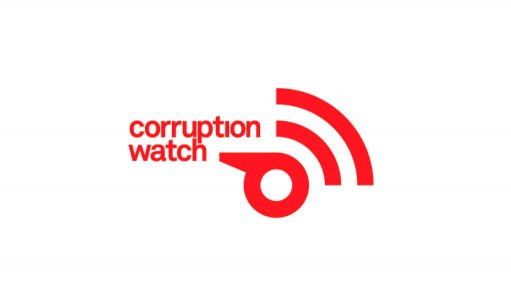
Stellenbosch University expert Professor Geo Quinot noted on Wednesday that with public procurement being susceptible to corruption, with large sums of money involved, pressure must continue to be placed on National Treasury for an effective finance management system.
Corruption Watch released its '2023 Procurement Watch Report on Procurement Risk Trends' report, the third published since 2021, which highlights risk trends in public procurement, with a focus on deviations and expansions, as well as developments in the lists of tender defaulters and restricted suppliers.
Quinot, the guest speaker at Corruption Watch’s webinar, on Wednesday, unpacked the results highlighted in the report.
Corruption Watch highlighted that it is important to note that while deviations and contract expansions can raise red flags and indicate a lack of planning for procurement requirements, they do not necessarily indicate abuse of the public procurement system, as there could be valid reasons for such.
Quinot highlighted that while public entities were allowed to deviate from procurement procedures, a massive increase in deviations suggested that in some entities the current public procurement system was not fit for purpose.
He explained that the most significant observation regarding the deviation data of the 2022/23 financial year was the material increase in the number of reported deviations in 2023.
“The data showed a massive increase of 247% from 2021 to 2023, representing a cause for serious concern when set against the backdrop of generally decreasing deviation numbers since 2017,” he said.
However, he noted that this analysis was based on reported data, and the increase in the deviation numbers may reflect an increased reporting of deviations rather than an actual increase in deviations.
Interestingly, he explained that the report showed that while the number of reported deviations increased dramatically between 2021 and 2023, the value of deviations declined significantly.
Quinot noted that these values were based on the reported value of deviations, bearing in mind that in a notable number of instances the value of the deviation was not reported.
The total reported value of procurement via deviations in 2021 was around R34-billion, while in 2022 it went down to R28-billion. He highlighted that the figure declined further in the 2022/23 financial year to around R11.9-billion.
“Thus, while the total number of reported deviations more than doubled from 2021 to 2023, the value of such deviations declined by two-thirds. It is not clear that this represents a trend,” he said.
He noted that while reported contract expansions by national and provincial entities reported to the National Treasury had steadily declined since 2017, the data for the 2022/23 financial year showed a slowing down of the decline and a very slight increase in reported expansions.
He said on current data, it seemed that the number of reported expansions had seemingly stabilised since 2019 around the 650 to 700 mark.
“The total value of contract expansions in 2022/23 exceeded R157-billion. This is based on the reported value of expansions, bearing in mind that in a notable number of instances (58) the value of the expansion was not reported. This value is almost double the total reported value of expansions in 2021 even though the number of reported expansions in 2022/23 (673) was only slightly more than in 2021/22 (644),” he explained.
Quinot said that the implication was that the extent of expansions was much higher in 2022/23 than previously.
He explained that when compared to the original contract values to which the reported expansions relate, the overall percentage of expansion stood at 97%.
“Put differently, this means that on average these contracts were almost doubled in value based on expansions. There can be little doubt that a procurement contract that is doubled in terms of value after award is materially different in terms from the contract awarded by way of the procurement process,” he said.